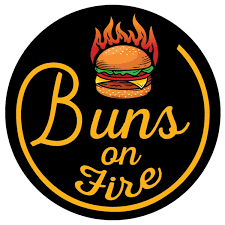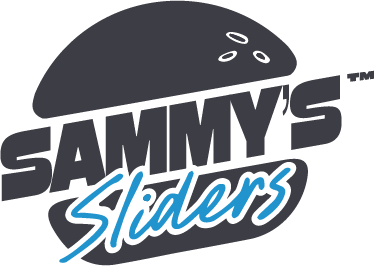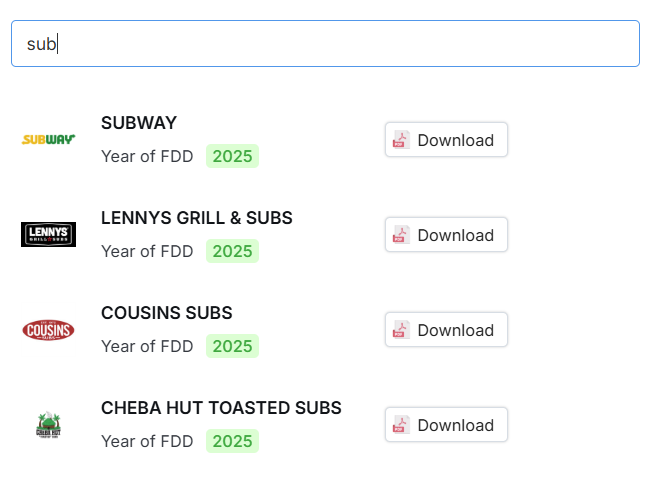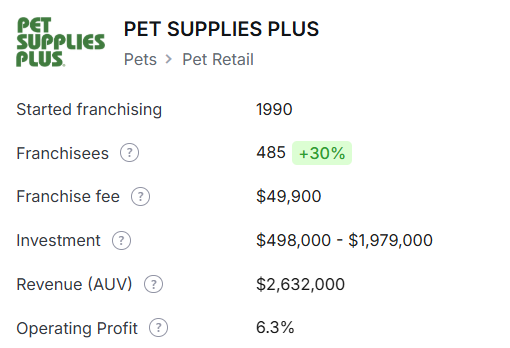

KEY FRANCHISE STATS
?
?
?
?
$964,000
Krystal has long held a special place in the American fast-food landscape, recognized for its signature square hamburgers and deep Southern roots. The brand traces its origins back to 1932 in Chattanooga, Tennessee, where founders Rody Davenport Jr. and J. Glenn Sherrill introduced a dining concept centered on cleanliness, consistency, and value—an approach that resonated during the challenging era of the Great Depression.
The restaurant’s name was inspired by a crystal lawn ornament that caught the attention of Davenport’s wife. She remarked that a restaurant should reflect the same sparkling clarity, leading to the creation of “Krystal”—a name deliberately spelled with a “K” to give it a unique and memorable identity.
Initially operating through company-owned locations, Krystal began offering franchise opportunities in 1990, opening the door for entrepreneurs to become part of its growing legacy.
Here's what you would need to invest if you were to start this franchise. These costs are provided by the franchisor in the Franchise Disclosure Document.
Create a free account to access this table and more.
For more information see our plans here.
Krystal offers 2 types of franchises:
We are summarizing below the main costs associated with opening a Standard Traditional or Non-Traditional Krystal Franchise. For more information on costs required to start a Krystal franchise, refer to the Franchise Disclosure Document (Item 7).
Upgrade to Pro to access and download this FDD.
For more information, see our plans here.
Krystal provides a multi-layered training system designed to prepare franchisees and their teams for effective restaurant operations and ongoing success. Training includes corporate programs, hands-on support, and specialized modules for new and existing team members.
Krystal grants franchisees a non-exclusive “Protected Area” based on factors like urban or suburban location, demographics, and proximity to existing units. The typical radius ranges from 0.5 to 1 mile in urban settings, and up to 5 miles in rural ones.
While Krystal agrees not to open another restaurant within this area during the agreement term, the franchisee does not receive an exclusive territory. Despite the protection, Krystal retains broad rights to operate or license others at Non-Traditional Locations such as airports, colleges, or stadiums—even within the Protected Area.
The franchisor also reserves the right to distribute products through retail, delivery, e-commerce, or other channels without compensating the franchisee. Moreover, multi-area marketing programs may allow other Krystal outlets to promote or sell within the territory.
Below are some of
Krystal
key competitors in the
Burger
sector.

143
$35,000
$788,000
$2,160,000
n.a.
$964,000
$xxx,xxx
68.8%
n.a.
10.1%
n.a.

Buns on Fire is a fast-casual concept offering burgers, sandwiches, and comfort sides, serving quick-service diners and late-night guests, and known for indulgent stacked burgers, playful branding, and convenient counter-service or food-truck style operations.
?
?

Sammy's Sliders is a fast-casual restaurant brand offering gourmet sliders, fries, and shakes, serving burger lovers seeking smaller portions and variety, and known for customizable mini-sandwich combinations, playful branding, and efficient service suited to urban and neighborhood locations.
?
?

Home Frite is a fast-casual franchise offering gourmet fries, burgers, chicken sandwiches and milkshakes, serving urban diners and comfort-food lovers, and known for hand-cut potatoes, signature sauces, and scalable franchise model.
?
?

iniBurger is a burger-restaurant franchise offering gourmet burgers, shakes, and innovative sides, serving millennials and casual diners, and known for bold menu items, modern branding and strong franchisee support.
?
?

Harlem Shake is a burger-and-shake chain franchise offering premium burgers, fries, shakes and craft menu items, serving families and casual diners, and known for nostalgic branding, community vibe, and scalable restaurant prototype.
?
?

Good Stuff Eatery is a fast-casual burger franchise offering handcrafted burgers, crispy fries and shakes, serving casual diners and burger-lovers, and known for chef-driven quality, fun branding and a mission to bring “goodness everywhere”.
?
?
?

?

?
?
?
?
?
?
?
?
?